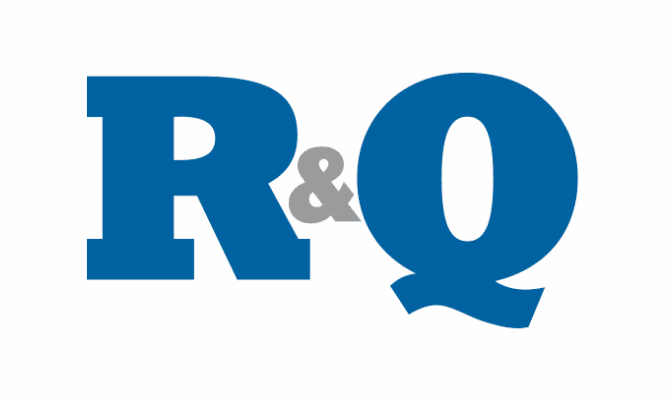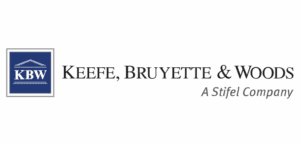R&Q on-track with $9m of H1 Gibson Re sidecar fees

R&Q, or Randall & Quilter, the non-life insurance and reinsurance legacy, run-off and program management specialist, has reported earning $9 million of fee income from its legacy insurance focused collateralised reinsurance sidecar, Gibson Re.
The $9 million of fee income comes from the first-half of 2022 and puts R&Q on-track to earn the fee income it had forecast with the firm’s first ILS type, third-party capital backed legacy reinsurance structure.
Gibson Re was launched by the company in September 2021, with $300 million of investor capital raised to support a significant percentage of R&Q’s legacy portfolio.
R&Q said at the time that the introduction of the reinsurance sidecar would simplify its legacy insurance and reinsurance business model.
It does this by lowering the capital required from R&Q’s own balance-sheet to enter into new legacy deals, while delivering a source of fee income. R&Q still takes 20% of the legacy reserves, for alignment of interest reasons, but most of the legacy earnings are switched to a fee income basis, as well as profit share.
R&Q previously said that Gibson Re began assuming risk in the fourth-quarter of 2021, with $367 million of reserves assumed by the sidecar by the end of last year.
R&Q forecast that this business alone should deliver annual recurring fee income of $16 million, with those fees recognised later in 2022.
Now, the fee income has begun to be recognised, with $9 million reported for the first-half of 2022.
R&Q also forecast that Gibson Re could support over $1 billion of capacity for legacy deals, suggesting the fee income run-rate could rise a good deal higher in future.
R&Q Exec Chairman William Spiegel commented, “It is exciting to see Legacy Insurance generating recurring fees for the first time under its new reinsurance relationship with Gibson Re. In H1 2021, Fee Income of nearly $9 million based on Reserves Under Management of $387 million as of 30 June 2022. As we have previously outlined, this model will enable Legacy Insurance to significantly increase its return on equity while materially reducing earnings volatility and capital requirements. While it will take time for the new structure to mature and scale, and our operating performance reflects its transition, we remain on track with our objectives and have a strong pipeline of deal activity in place as we head into Q4 – historically the most active period for legacy transactions.”
However, it’s worth noting that at this stage the fee income earned is not a sign of profitability in the legacy reserves ceded to Gibson Re, that are now supported by the third-party investors backing the vehicle.
R&Q earns an annual recurring fee income of 4.25% on reserves ceded to Gibson Re and that seems to be where the earnings come from.
R&Q doesn’t provide sufficient disclosure to work out whether those reserves are profitable or not.
The only measures on the legacy business side is a pre-tax operating Loss of $26.7 million being reported for the R&Q legacy business and an underwriting loss of $3.4 million, which R&Q said was “due to a modest amount of reserve strengthening.”
The company says this is due to the transformation to an annual recurring fee business, and because it previously booked earnings at the start of a legacy deal, where as now with the fee model they are pushed into the future.
It also said the underwriting income, or a loss in this first-half, is not comparable because of reinsuring 80% of transactions to Gibson Re.
There’s no clarity whether the reserve strengthening was against reserves ceded to Gibson Re, or prior year transaction reserve strengthening.
So, future visibility of the profitability, or otherwise, of the legacy reserves assumed by the Gibson Re sidecar could come from profit share information that R&Q may report in future, or a rebound in the underwriting profit of the legacy business at R&Q.
R&Q said that it does expect its legacy business to become profitable again, once Gibson Re’s sidecar capital is fully deployed by 2024.
It’s difficult to understand exactly how well the sidecar is doing so far, but the fee income was a welcome boost to R&Q’s half-year results and will continue to be as that earns through and more reserves are ceded to Gibson Re.
Find details of numerous reinsurance sidecar investments and transactions in our directory of collateralized reinsurance sidecars transactions.





